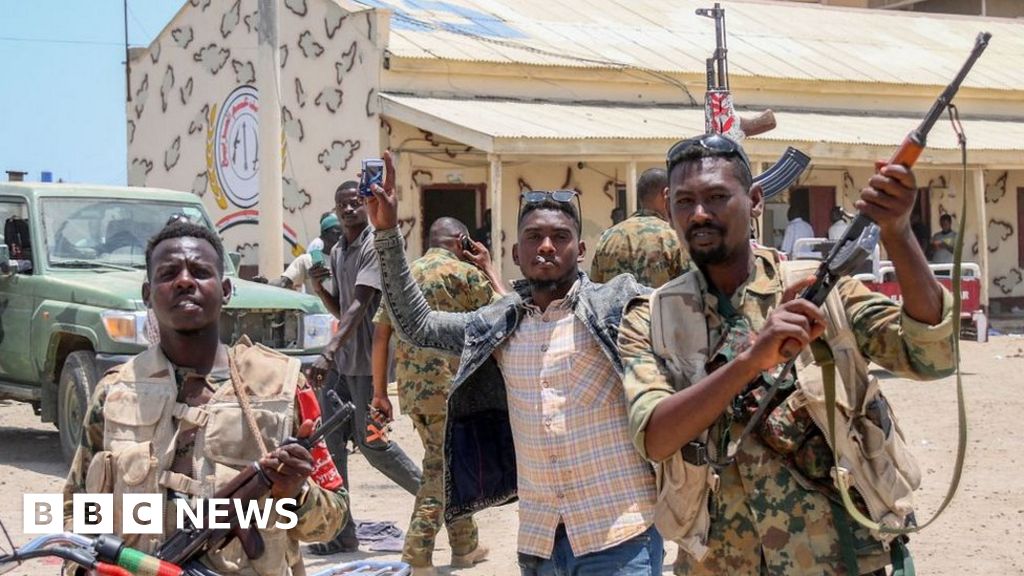

A high-level international event
held at the United Nations headquarters in Geneva has called for urgent global
intervention to halt the escalating humanitarian and political crisis in Sudan.
The meeting, titled “Sudan in
Crisis: Voices from Beneath the Rubble for Justice and Peace”, was convened
by the European Public Law Organization (EPLO) through its Permanent Observer
Mission to the UN during the 59th session of the UN Human Rights Council.
Held at the Palais des Nations, the
event brought together a panel of experts, diplomats, and humanitarian leaders
to highlight the devastating impact of the ongoing conflict between the
Sudanese Armed Forces and the Rapid Support Forces (RSF).
Speakers said the war has claimed
over 150,000 lives and caused the displacement of nearly 13 million people,
making it the world’s largest displacement and hunger crisis.
“Sudan today represents one of the
most severe humanitarian disasters of our time,” said Ambassador George
Papadatos, head of EPLO’s mission in Geneva.
“We are facing a situation where
international silence is no longer an option. The guns must fall silent.”
Panelists warned that more than 30
million people now require urgent humanitarian assistance, while Sudan’s
economy has collapsed and most major cities lie in ruins.
Recent U.S. sanctions were also discussed,
following reports confirming the use of chemical weapons by Sudanese military
forces.
Dr. Victor Digbal of Médecins Sans
Frontières noted that aid access has been severely limited. “Our ability to
reach affected populations is being crippled by the fighting, and the scale of
human suffering is immense,” he said.
Mona Rishmawi, from the UN
Independent International Fact-Finding Mission for Sudan, said attempts at
peace negotiations have consistently failed.
“The Sudanese Armed Forces in particular have
withdrawn from talks and shown little interest in a political resolution. They
remain committed to a military victory at any cost,” she said.
Speakers accused the military of
rejecting civilian rule and actively avoiding any process that could lead to
elections.
Dr. Ezzeddine Zayani, former
Tunisian Ambassador to the African Union, said the army’s refusal to negotiate
or hand over power is deepening the crisis.
“There is no political roadmap, no
vision, just force and evasion,” he stated.
The panel called for immediate
international pressure to enforce a ceasefire, protect civilians, and ensure
accountability.
The session ended with a call for
the global community to take responsibility and act decisively before the
crisis worsens.
Sudan’s war, now in its second year,
continues to unravel amid growing fears of mass famine, the use of banned
weapons, and the total collapse of governance structures.












